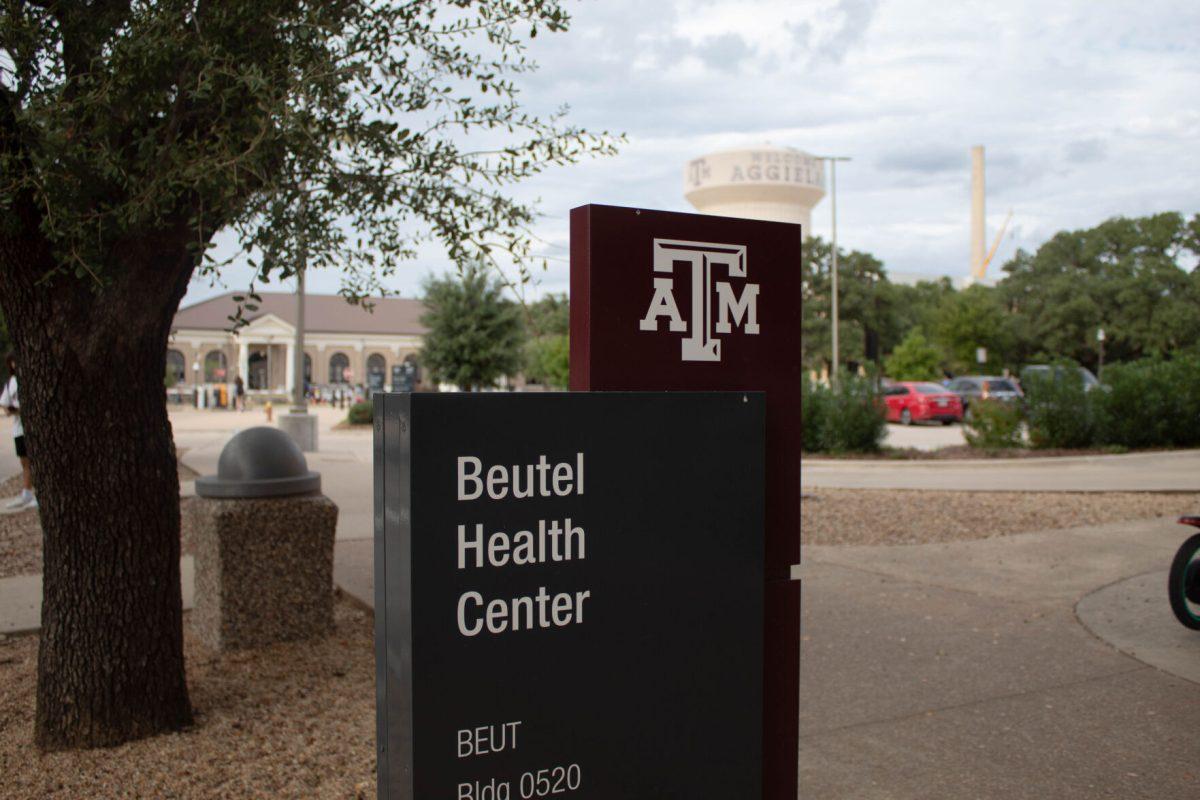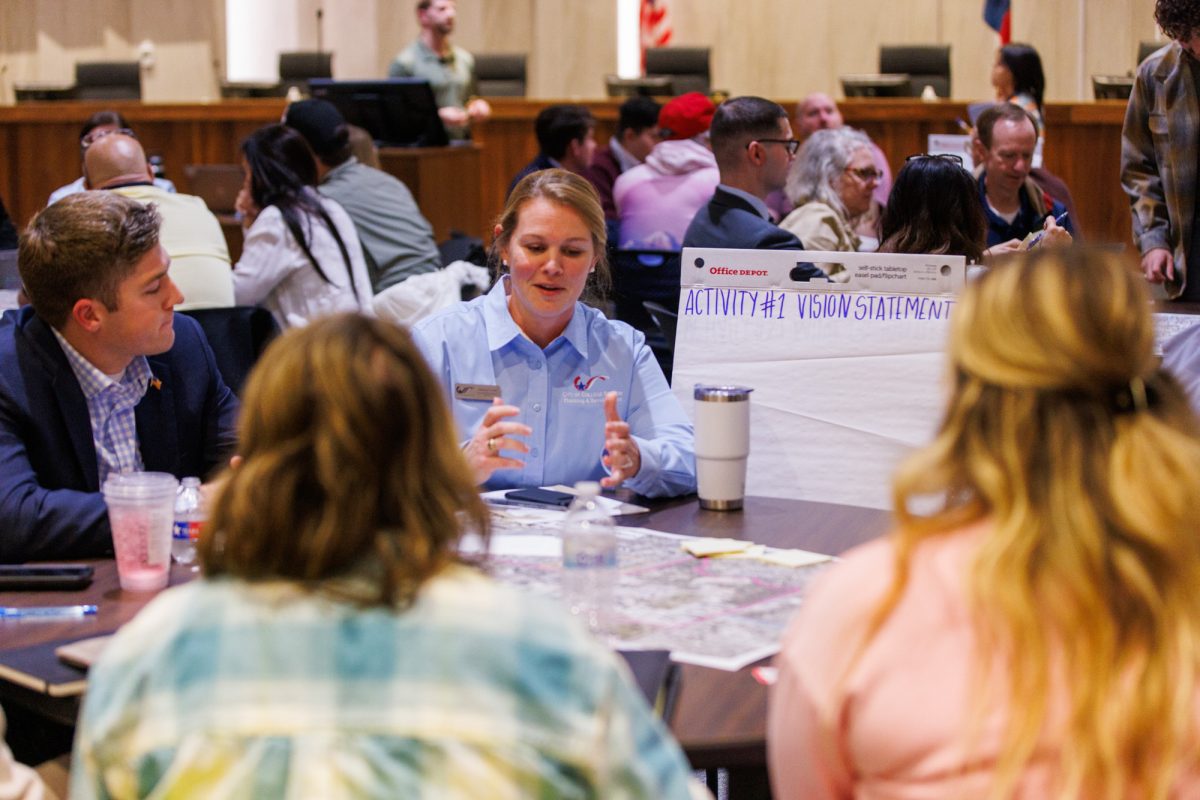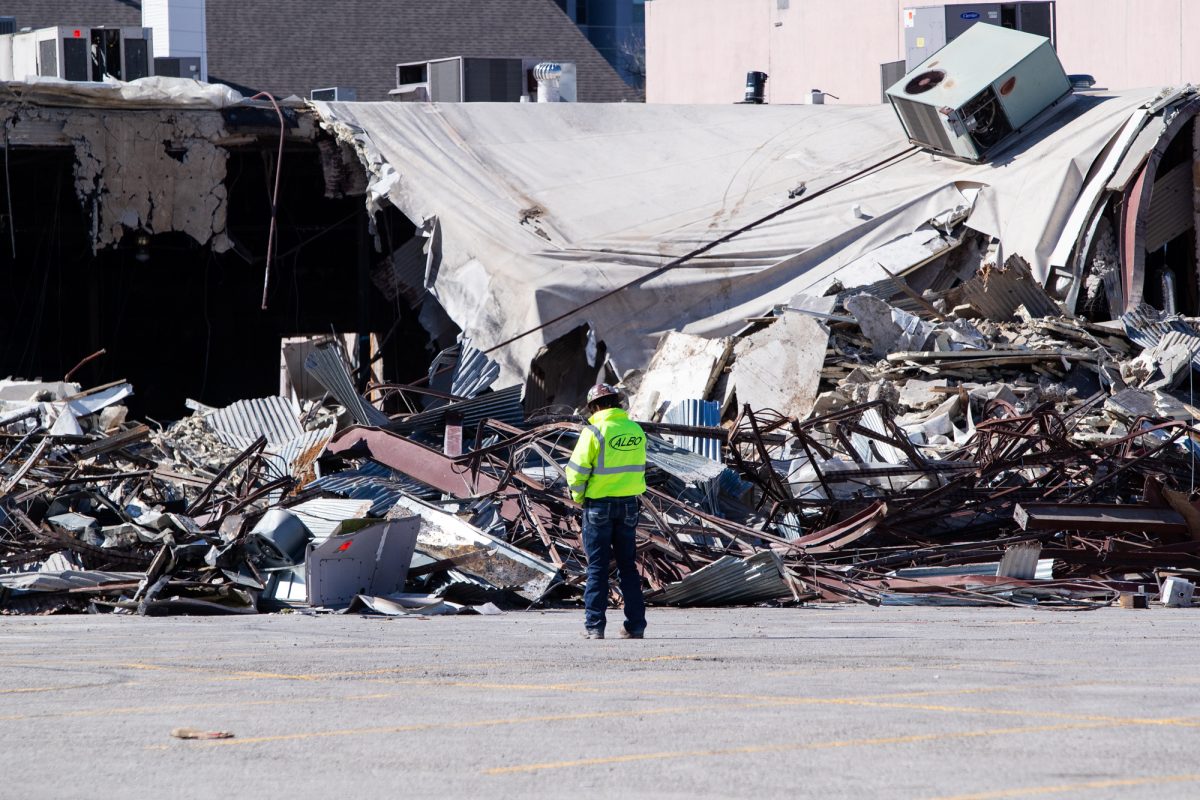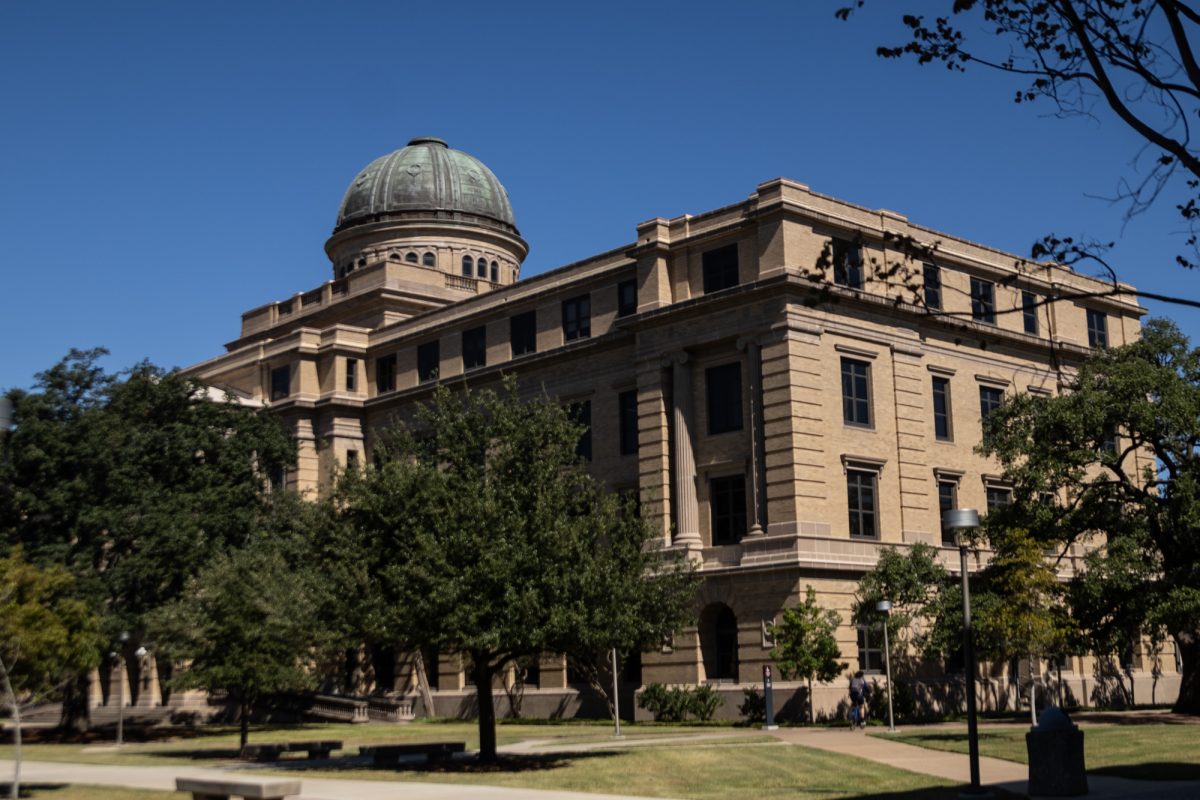Residents living in Brazos County can now turn to their garbage as a sustainable way to power their homes.
On Aug. 30, the Bryan City Council approved the ratification of a Landfill Gas Purchase Agreement with the Brazos Valley Solid Waste Management Agency (BVSWMA) and the City of College Station.
Under this new agreement, methane gas collected from the Rock Prairie Landfill will be sold to Bryan Texas Utilities (BTU) and College Station Utilities (CSU). It will also serve as fuel for a future electric generating facility currently in the planning stages.
According to officials from BTU, the project is expected to dramatically reduce emissions, synonymous to removing 23,000 vehicles from roadways or planting 33,000 acres of rainforest.
CSU director David Massay said depending on fluctuating seasons, between 1,300 and 1,700 homes will be powered through this new conversion process. Members of CSU jumped on board with the idea as a way to “tie down costs” associated with the future generating plant.
“We are in the process of studying the feasibility of that generation station between BTU and CSU and we had to have the landfill gas contract put in place before we could go on with the studies,” Massey said. “The city of College Station is an advocate of college station utilities going green.”
Bryan Griesbach, the executive director for BVSWMA, said the 30-year-old landfill has collected 800 standard cubic feet per minute of methane gas.
Griesbach explained the conversion of waste as a slow moving process that involves the build up of waste over decades. Once enough waste — mainly organic materials — is accumulated, it goes from an aerobic state to an anaerobic state, decimating any oxygen by producing methane and carbon dioxide.
“We have always passed tier one and tier two air testing for levels of these gases so we’ve never had a regulatory need to put in a gas system at that site, but we wanted to go ahead and capture the gas because it’s a beneficial reuse of gas that’s otherwise burnt off in a flare,” Griesbach said. “By combusting the gas, we’re helping the environment.”
According to the Environmental Protection Agency (EPA) website, there are 558 operational landfills and 510 candidate landfills nationwide who are part of the Landfill Methane Outreach Program — a program in favor of using landfill gas as a source of renewable energy. California has the largest number of operational landfills with 37 as Texas is a close second at 27.
Rachel Goldstein, team leader of the EPA Landfill Methane Outreach Program, said these projects have “a track record for success” in both environmental and economical sectors by creating new jobs and increasing revenues.
“These projects go hand–in–hand with community and corporate commitments to cleaner air, renewable energy, economic development, improved public welfare and safety, and reductions in greenhouse gases,” Goldstein said. “They generate renewable energy and offset the use of non-renewable resources such as coal, natural gas, and oil.”
Saqib Mukhtar, interim associate department head for biological and agricultural engineering department said these projects are nothing new, especially in other countries — like Brazil —whose technologies are more advanced in heat and generation systems.
“Landfills all over the world are already generating electricity using landfill gas,” Mukhtar said. “One of the world’s largest capped landfills outside the city of Sao Paulo generates electricity for tens of thousands of homes in Sao Paulo using methane from the landfill.”
Mukthar said by utilizing methane — a greenhouse gas that is 21 times more effective at trapping heat in the air than carbon dioxide — another stepping stone has been added to the melting pot of green alternatives.
“That is a win-win situation for the environment and for utilizing landfill waste materials to produce electrical energy,” Mukthar said.
Landfill to power Brazos County
September 12, 2011
0
Donate to The Battalion
$810
$3500
Contributed
Our Goal
Your donation will support the student journalists of Texas A&M University - College Station. Your contribution will allow us to purchase equipment and cover our annual website hosting costs, in addition to paying freelance staffers for their work, travel costs for coverage and more!
More to Discover









